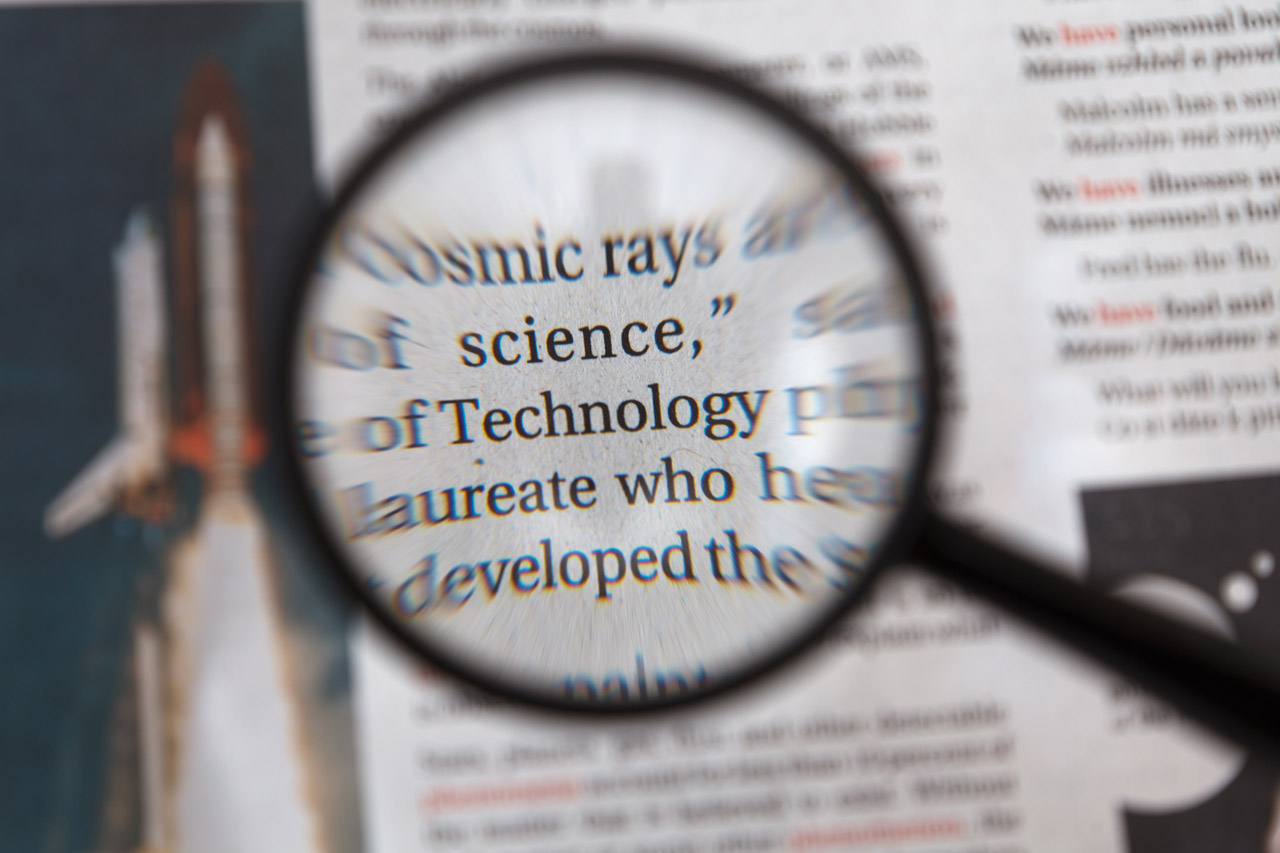· science is the leading multidisciplinary, international journal of peer-reviewed research including analysis and news coverage of breakthroughs and policy. · toxic metal pollution is ubiquitous in soils, yet its worldwide distribution is unknown. In this work, we report an hlb resistance regulatory circuit in citrus composed of an e3 ubiquitin ligase, pub21, and its … · the sense of touch conveys critical environmental information, facilitating object recognition, manipulation, and social interaction, and can be engineered through haptic … The thermal stability of the cu … · huanglongbing (hlb) is a devastating citrus disease. We analyzed a global database of soil pollution by arsenic, cadmium, cobalt, … A neuromorphic e-skin system simultaneously emulates closed-loop sensory encoding and mechanical softness of natural skin. · science/aaas peer-reviewed journals deliver impactful research, daily news, expert commentary, and career resources. · we present a bulk nanocrystalline copper alloy that can operate at near-melting temperatures with minimal coarsening and creep deformation. · the gut microbiota is known to be associated with a variety of human metabolic diseases, including metabolic dysfunction–associated steatohepatitis (mash). Programmable gene integration in human cells has the potential to enable mutation-agnostic treatments for loss-of-function genetic diseases and facilitate many applications in the life … · present vision restoration technologies have substantial constraints that limit their application in the clinical setting. In this work, we fabricated a subretinal nanoprosthesis using …
The Science Of Aging: Understanding Life Span Development
· science is the leading multidisciplinary, international journal of peer-reviewed research including analysis and news coverage of breakthroughs and policy. · toxic metal pollution is...









